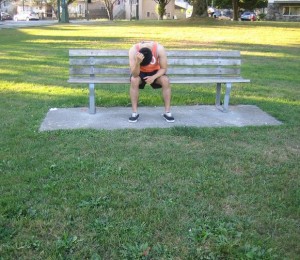A vestibular migraine or migraine-associated vertigo is characterized by a headache that causes dizziness. The indications of a vestibular migraine include the usual symptoms of a regular migraine along with vestibular and hearing symptoms.
Even though migraines are quite common, the vestibular type is less frequent and only a few suffer from this type of migraine.
Once an individual starts to experience the characteristic symptoms of a migraine attack but accompanied by other symptoms, it simply indicates that he/she has a vestibular migraine.
What are the usual symptoms?
The indicative symptom of migraines is a severe throbbing pain that usually occurs on only one side of the head. It is important to note that the pain usually worsens after some time if not properly treated and can persist for several hours up to days.
Some individuals suffer from flashes or patterns of light or patterns in the eyes or commonly called as auras before the start of pain. Those who have migraines oftentimes experience nausea and vomiting together with intense light and sound sensitivity. An ideal way to cope is to retreat to a dark, quiet room to rest.
Hearing symptoms
A vestibular migraine can also trigger symptoms linked to hearing. The usual symptoms include a feeling of fullness in the ears, ringing in the ears and muffled hearing. Always bear in mind that the symptoms linked with vestibular migraine often manifest without a headache.
What are the vestibular symptoms?

Individuals who suffer from migraines are familiar with the usual signs and symptoms. Many are not aware that there is a link between migraines and the functioning of the inner ear mechanisms that affect hearing and balance. This connection generates symptoms that are specific to a vestibular migraine such as unsteadiness, vertigo and loss of balance.
Always bear in mind that the dizziness can occurs before, during and after the headache. With a usual migraine attack, the intense pain is the leading focus. As for a vestibular migraine, imbalance and dizziness can be quite problematic. Other symptoms such as extreme sensitivity to movement can occur along with motion sickness. In addition, it is also common for an individual to experience migraines for years before developing vestibular migraines.

